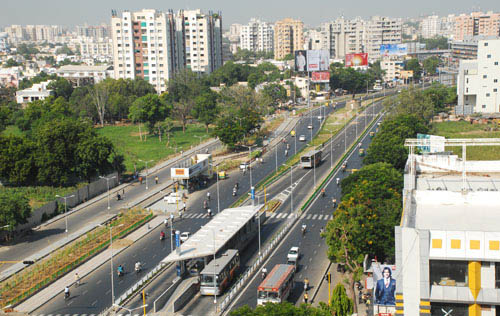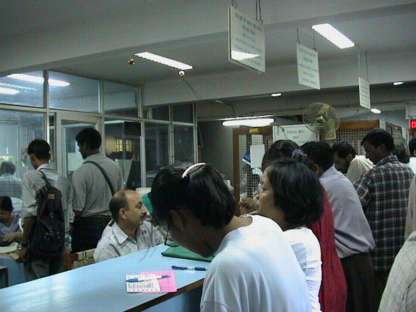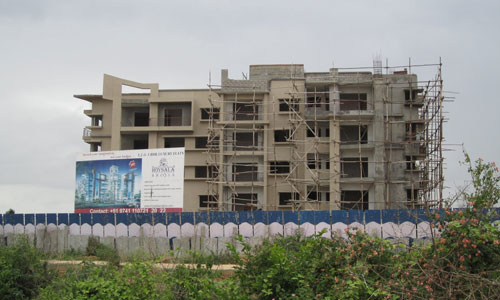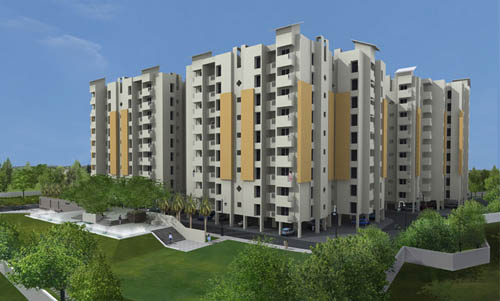
The property market in Gujarat has touched a size of Rs 72,300 crore, after it grew by 30 per cent in terms of value during 2011-12. Though unofficial estimates show the actual size of the real-estate market at Rs 1 lakh crore, figures from the state revenue department show 9.07 lakh property transactions happened across the state in 2011-12.










